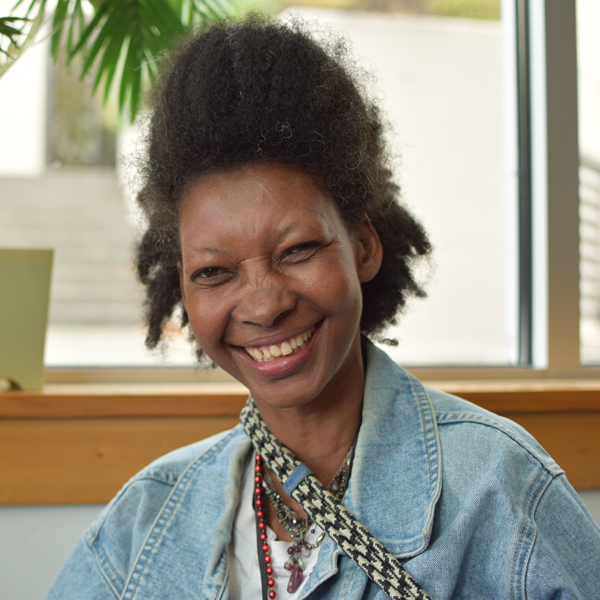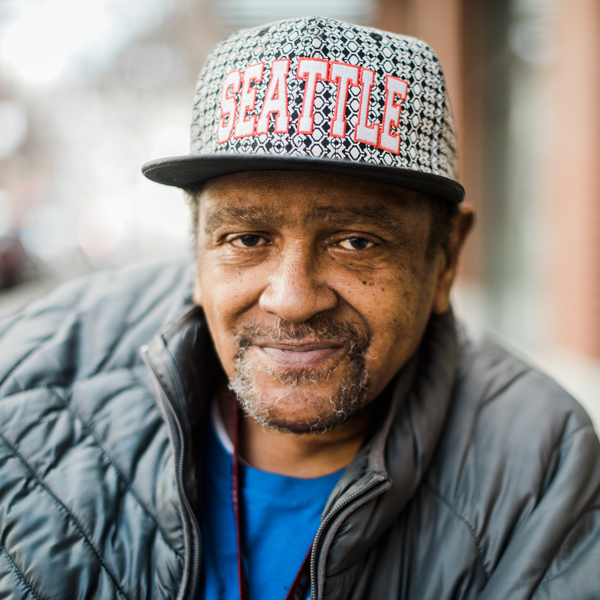The Big Picture
Learn more about how social and historical forces increase a person’s likelihood to experience homelessness.
Housing First means providing stable housing before addressing other challenges. Without a home, basic needs like sleeping and eating become overwhelming. Many experiencing homelessness also face disabilities or health conditions, worsened by life on the streets. At Plymouth, we offer homes unconditionally — because everyone deserves a place to heal.
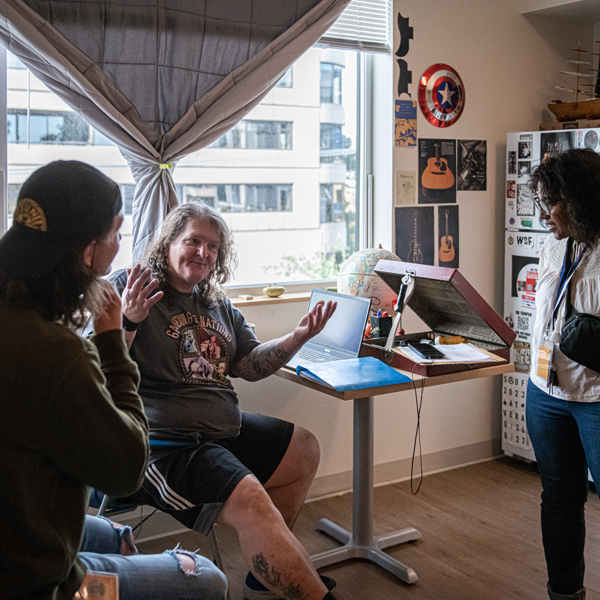
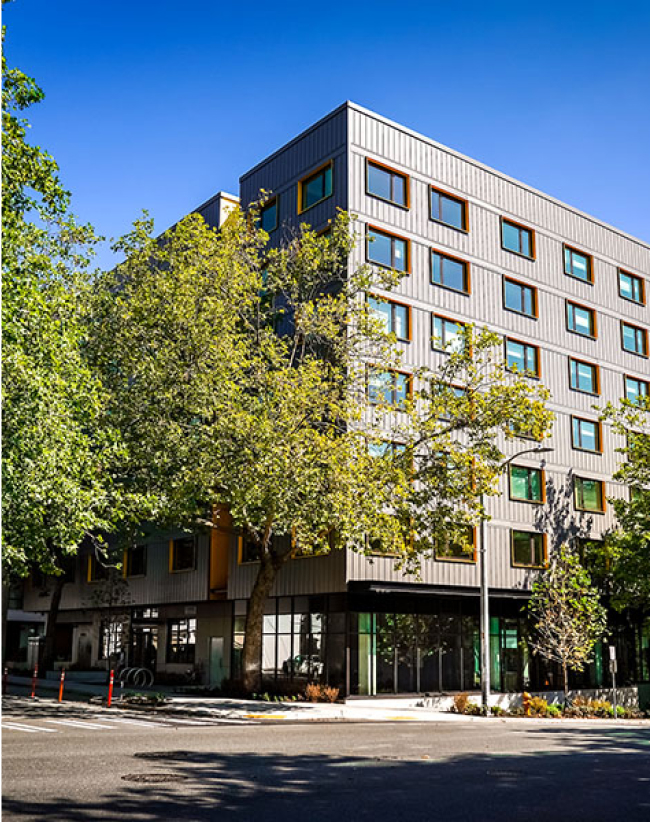
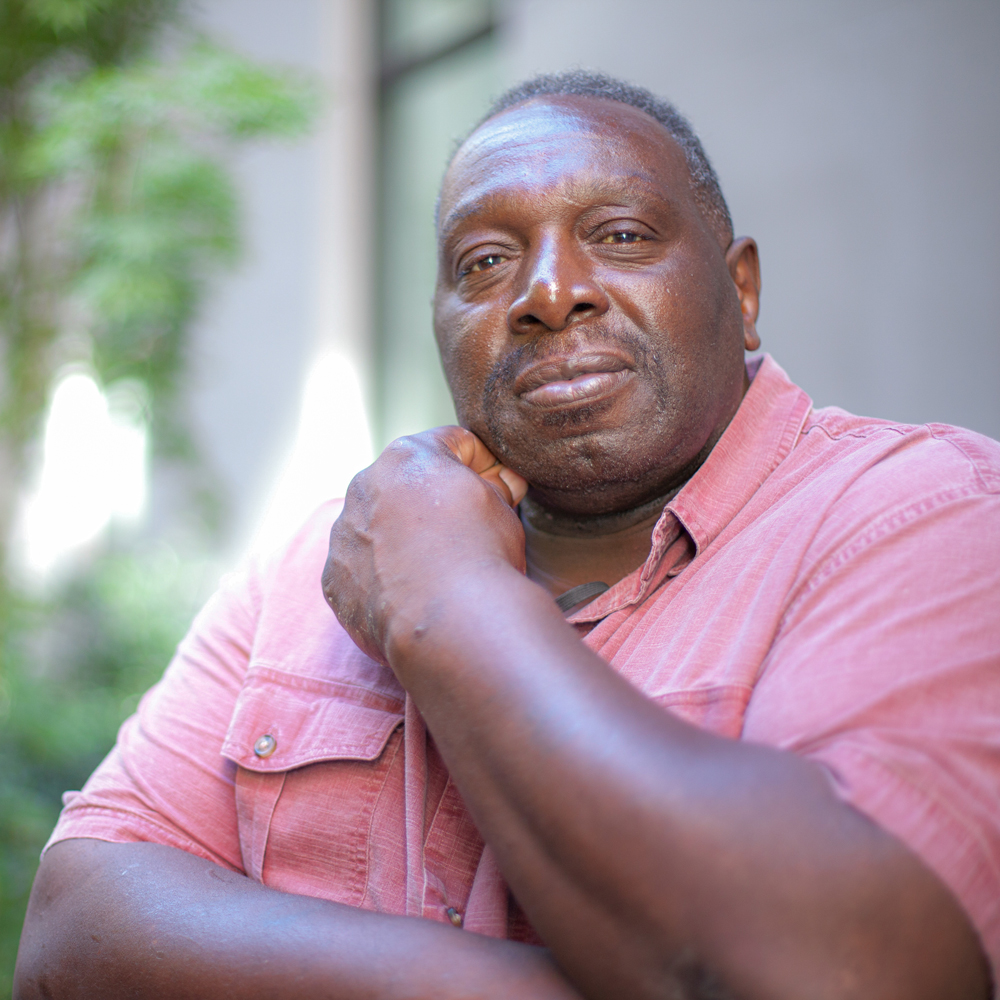
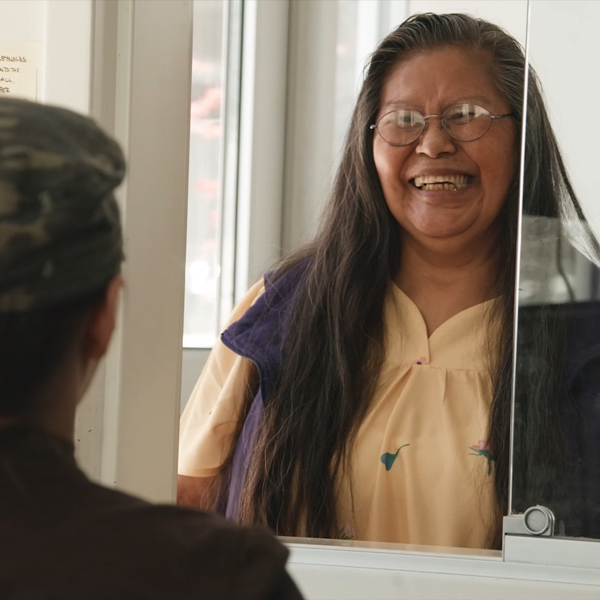
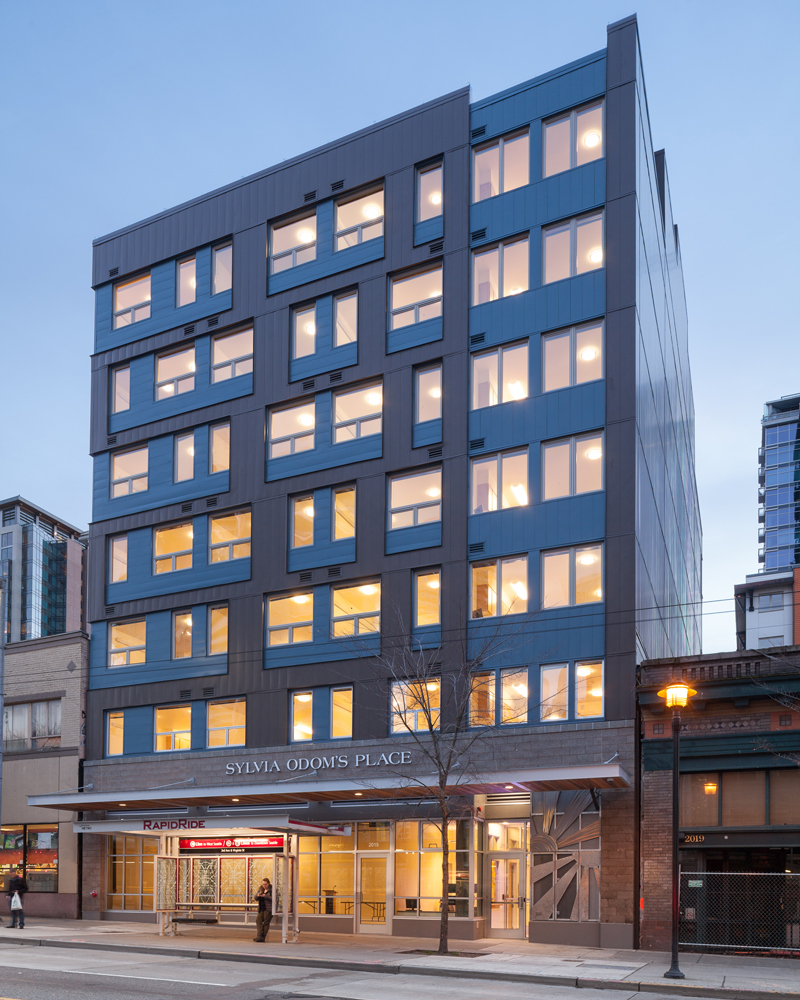
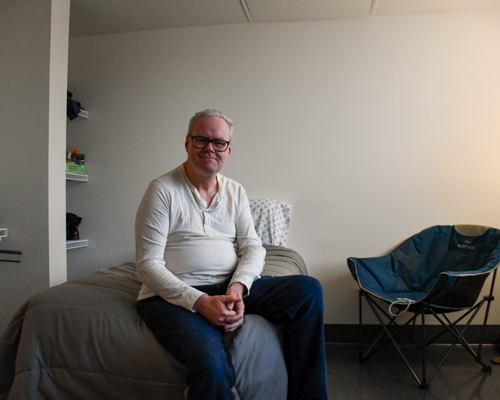
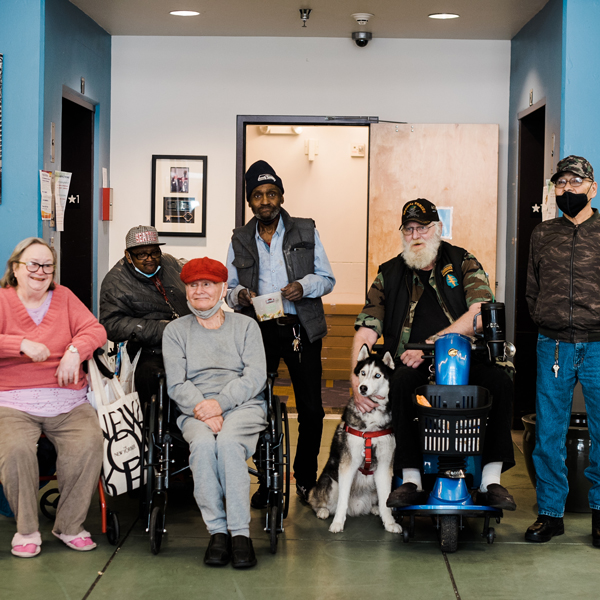
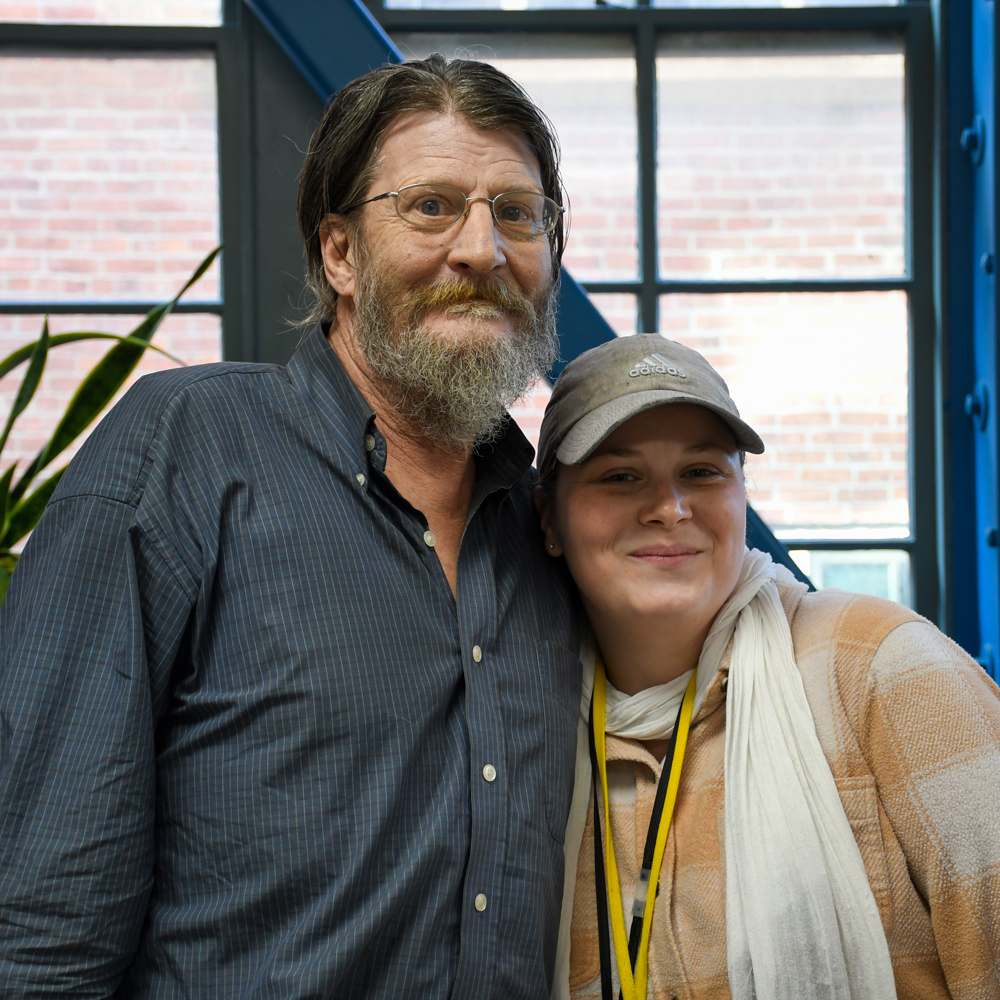
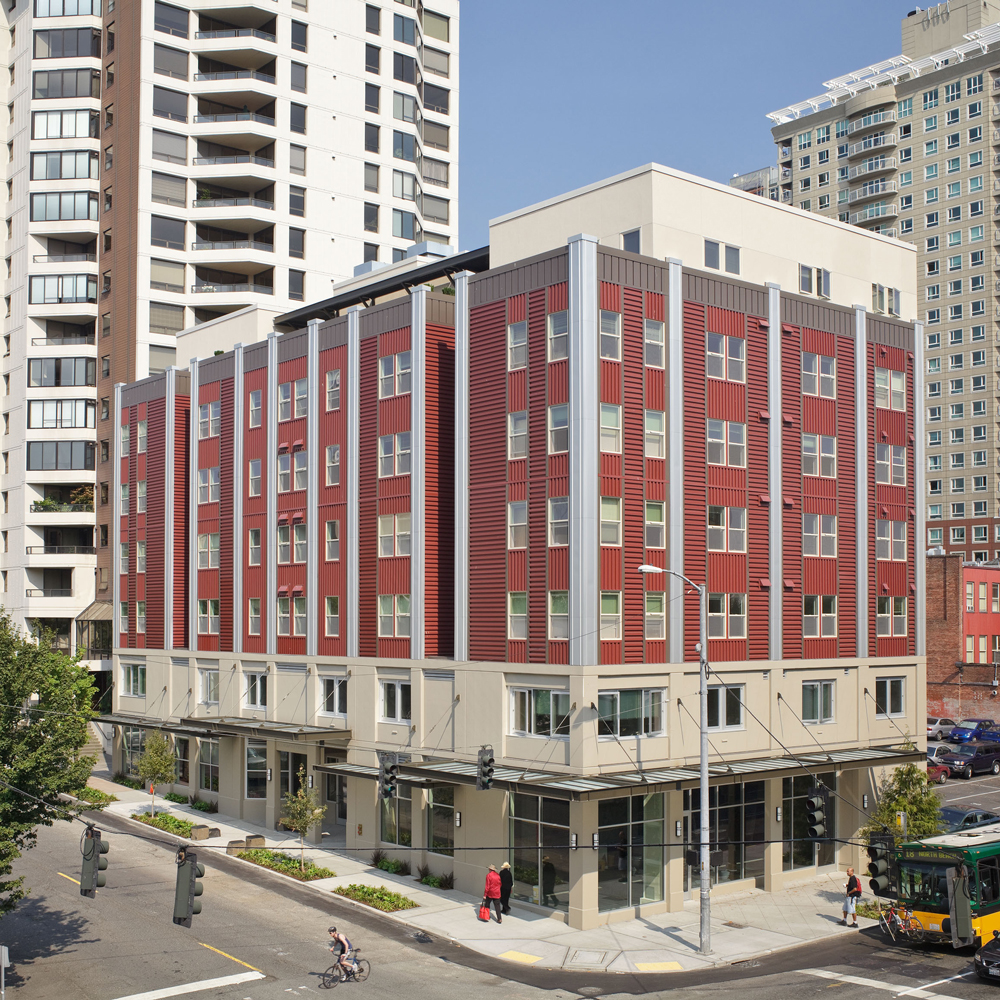
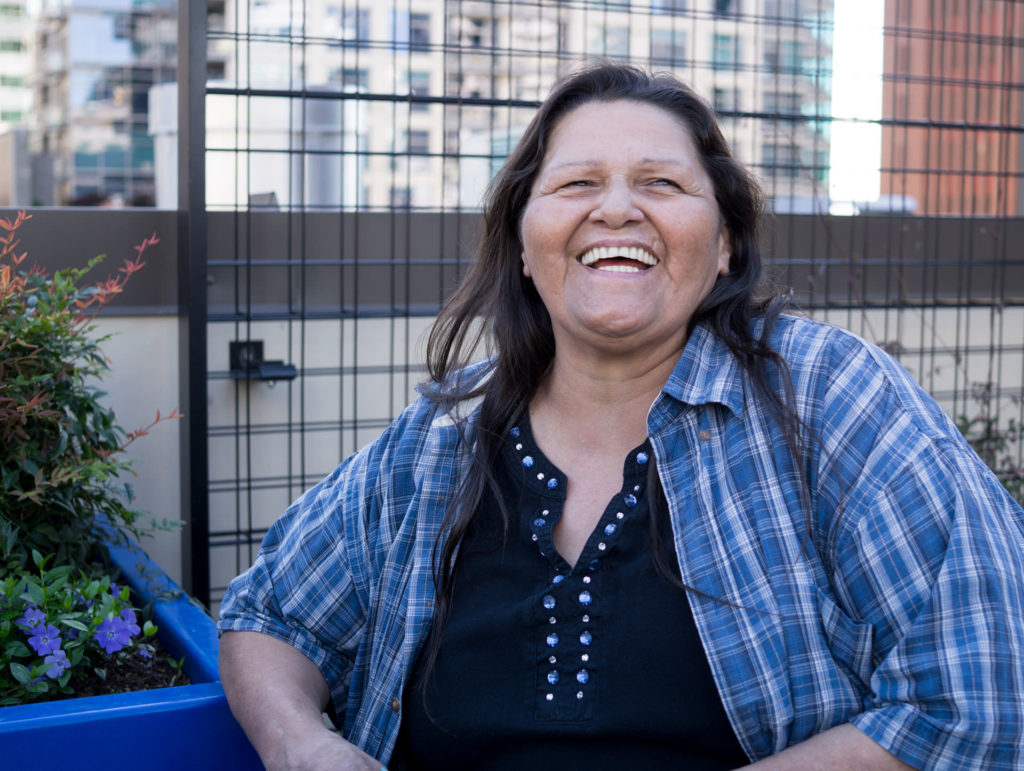
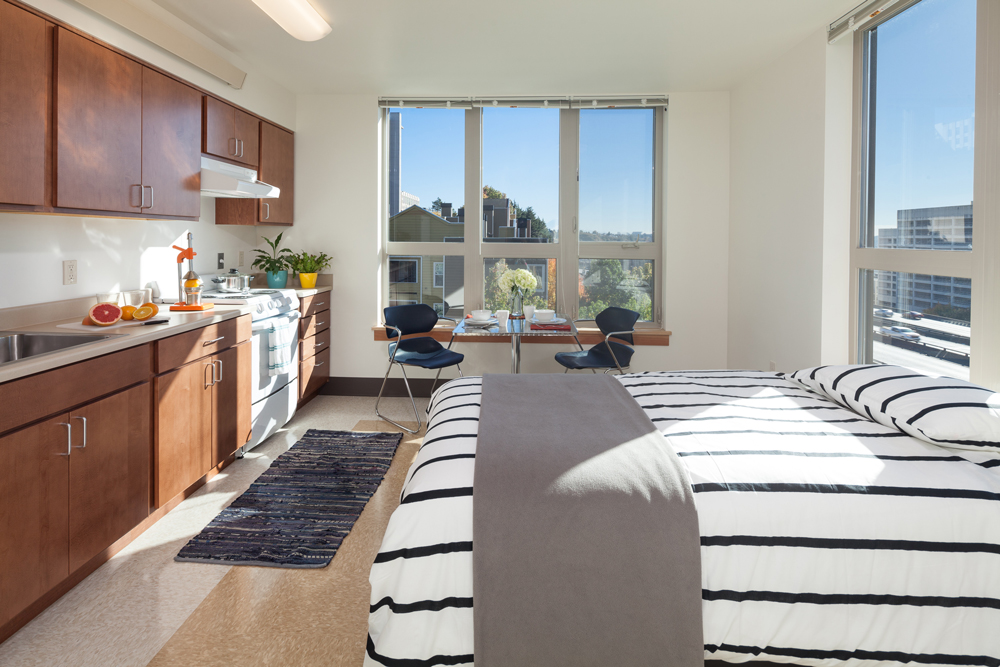
Plymouth serves adults who have experienced chronic homelessness, meaning people who have experienced long-term homelessness who also live with a disability. An estimated 11,133 people are experiencing chronic homelessness in King County on any given night.

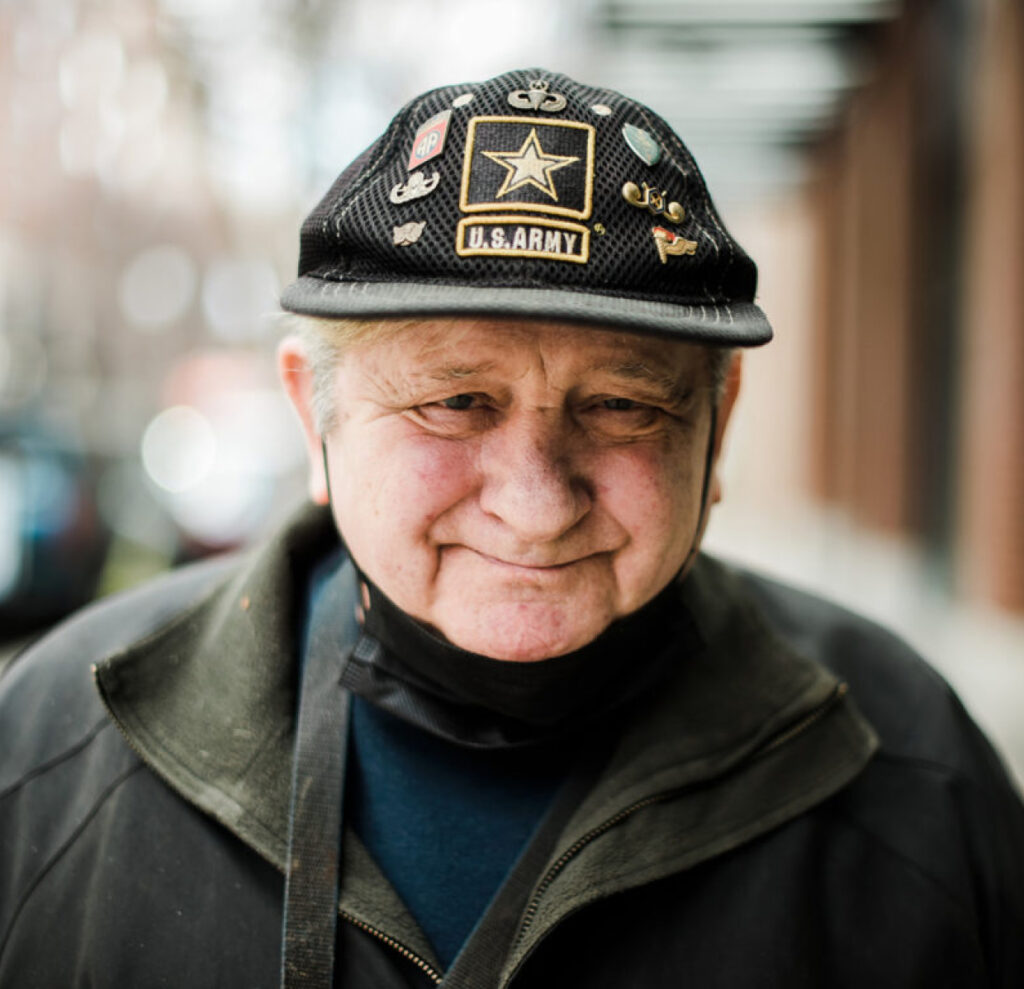
For the many Americans living paycheck to paycheck, one unexpected expense is all it takes for the world to come crashing down. Low wages combined with rising rents and a widespread lack of affordable housing leaves many teetering on the edge.
Learn more about how social and historical forces increase a person’s likelihood to experience homelessness.
Formerly incarcerated people are 10 times more likely to experience homelessness than the general public. Discrimination against people who have been incarcerated limits their access to jobs and housing once they’re on the outside.
Two-and-a-half times more likely to live in poverty than people without disabilities. Due to income qualifications, those who receive Supplemental Security Income cannot save for emergencies or improve their situation.
In the United States, there is little economic mobility from generation to generation. When children of low-income families grow up, they may not have anybody to borrow money from to keep them afloat. This is called network impoverishment, and it especially impacts people of color.
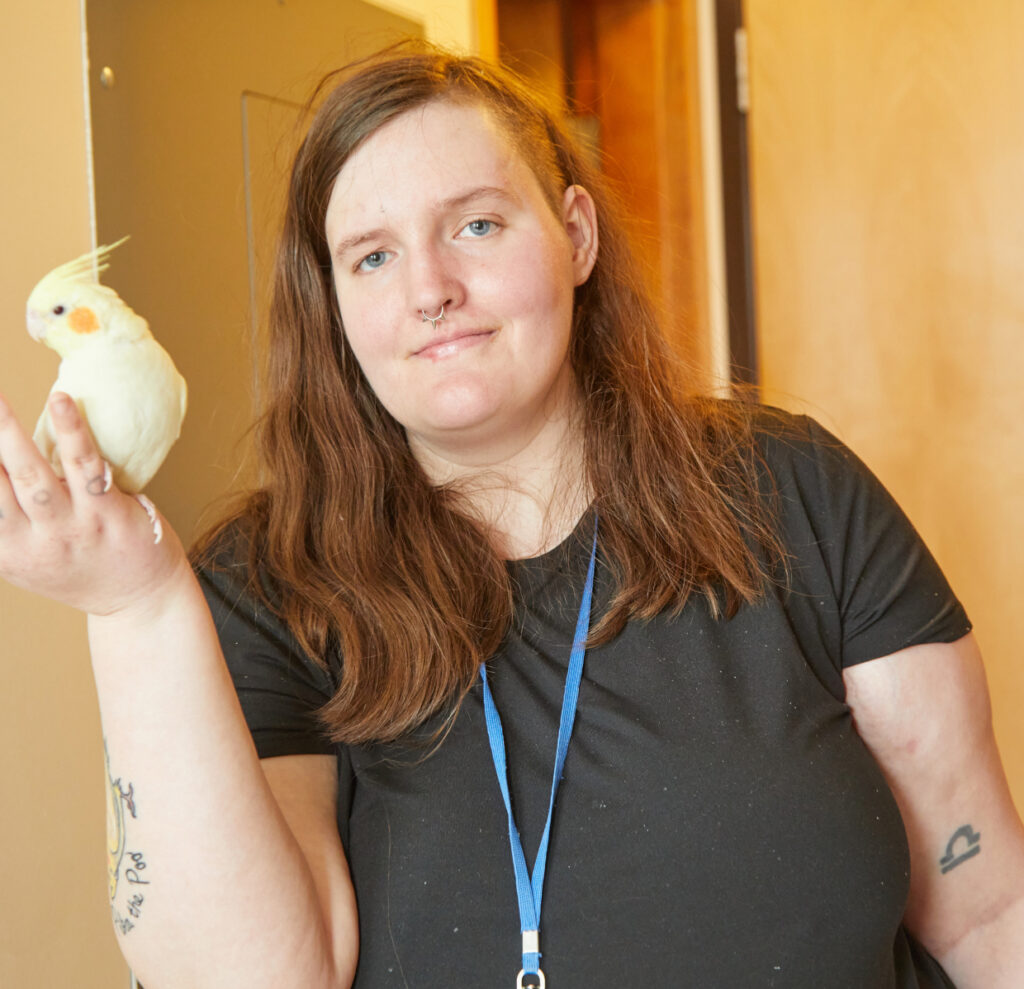
Now that her basic needs are met, today, August is enrolled in college classes to become a care provider. “I remember, when I was homeless, people would come around and say, ‘We want to talk to you about services.’ And honestly, all I could think was, ‘I’m really hungry right now.’”
The same funding can buy vastly differing stability, support, and time.
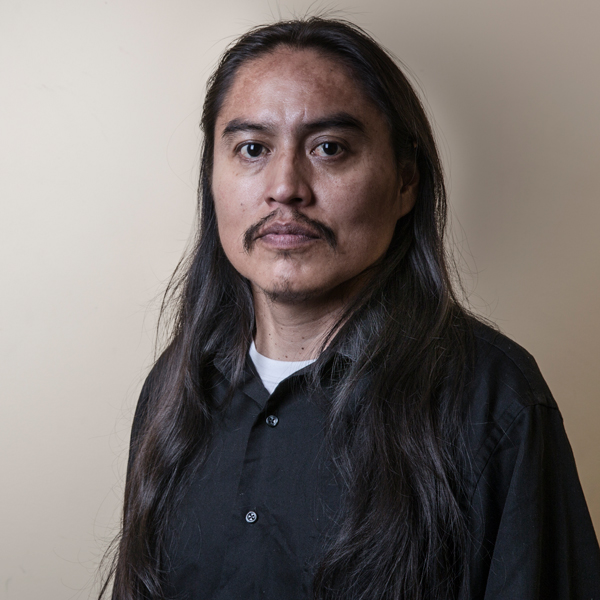
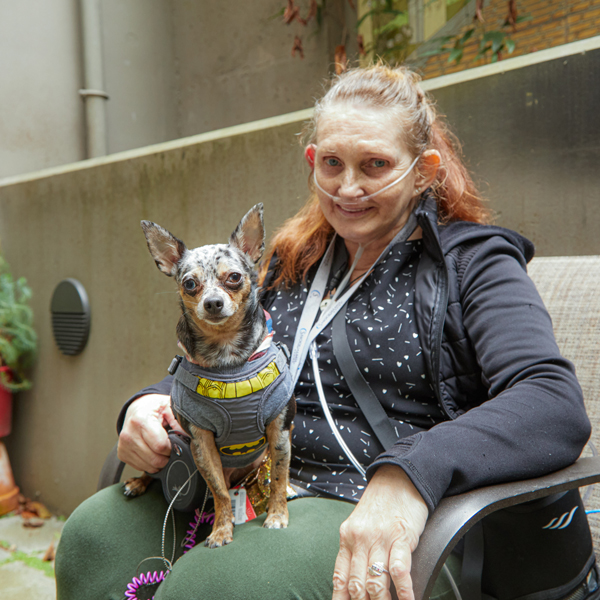
The cost—societal, moral, cultural, and financial—of not housing our neighbors is high. Everyone deserves a place to feel safe and secure. Plymouth provides permanent homes, not shelter or transitional beds. Why? Because we believe that healing begins with a home.
